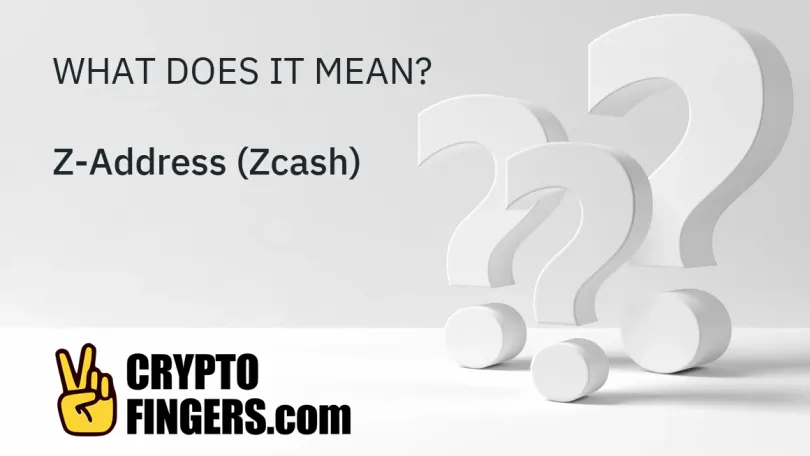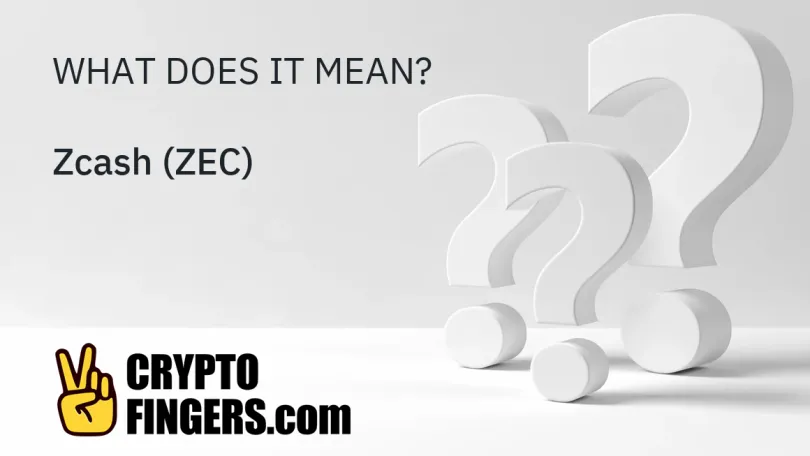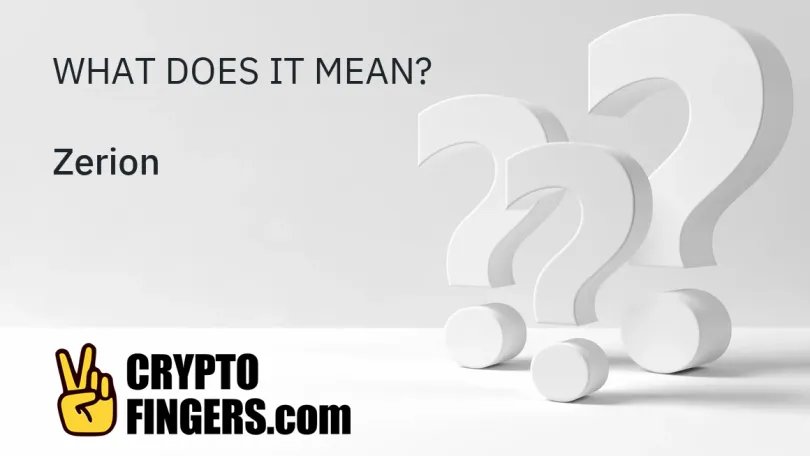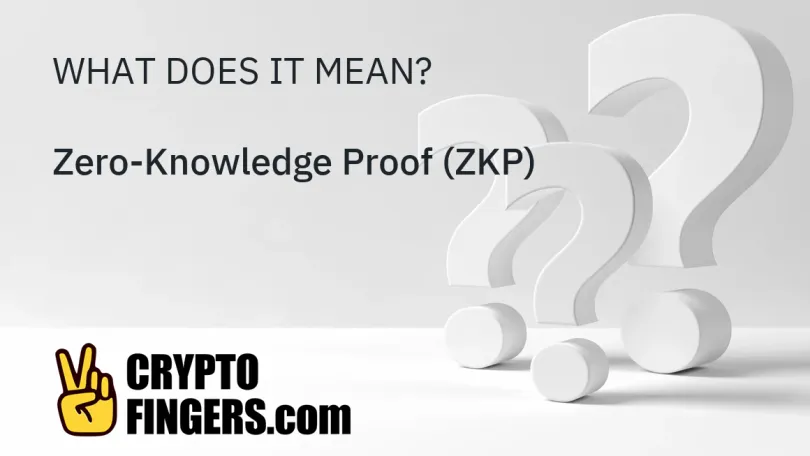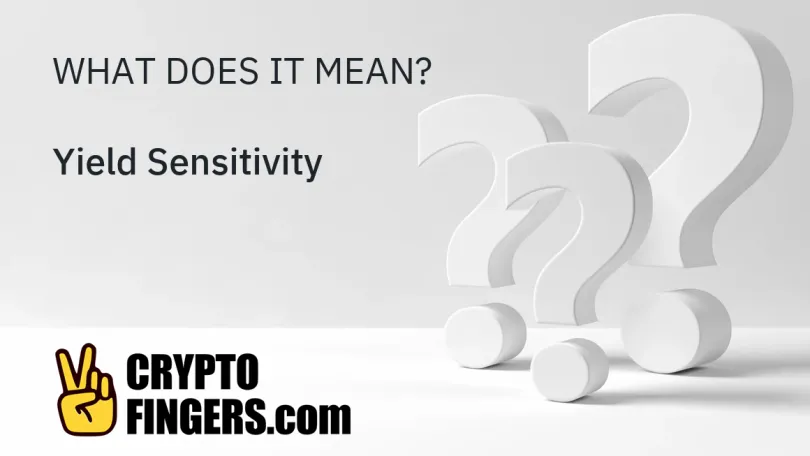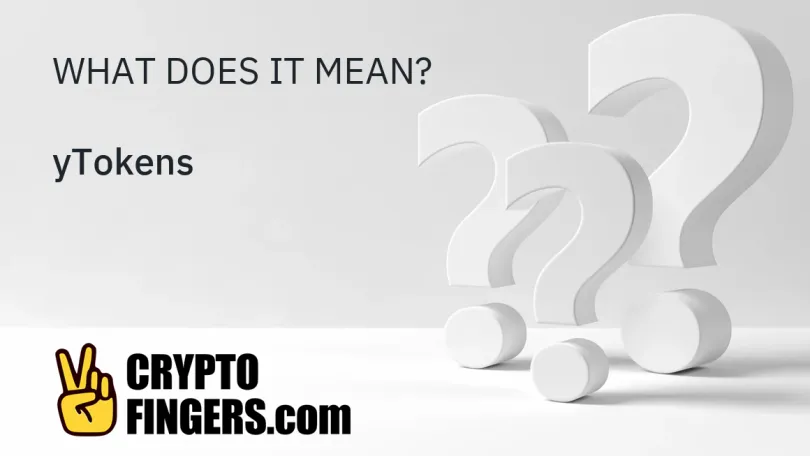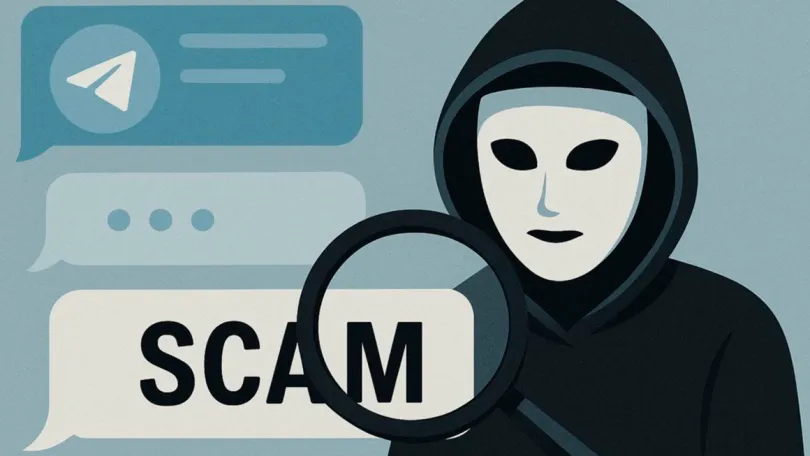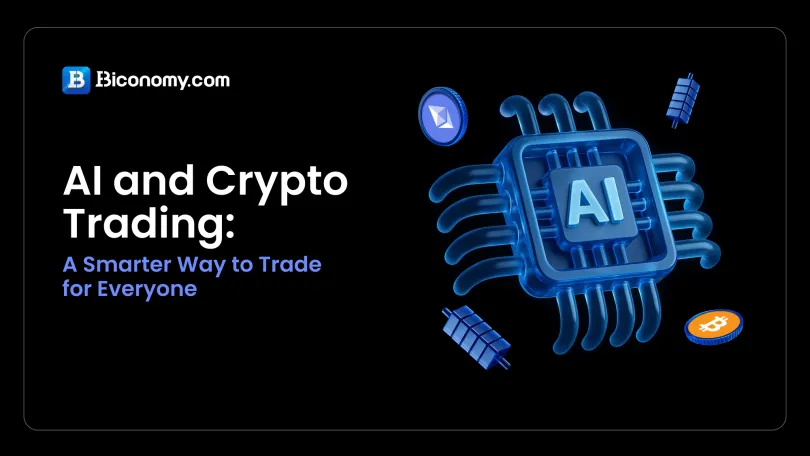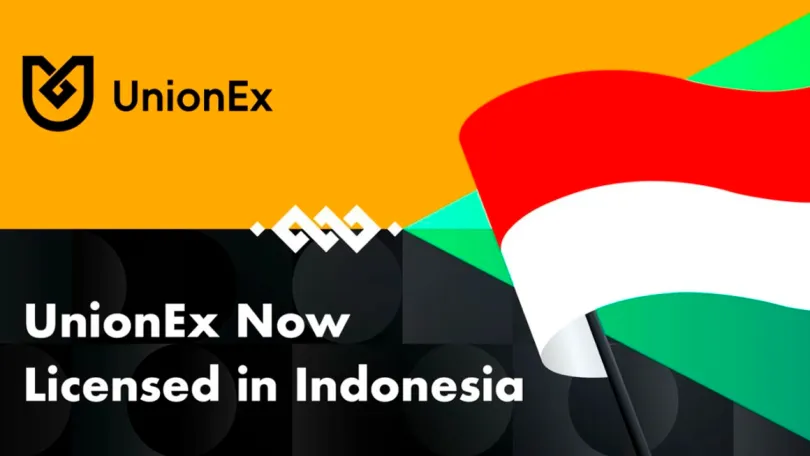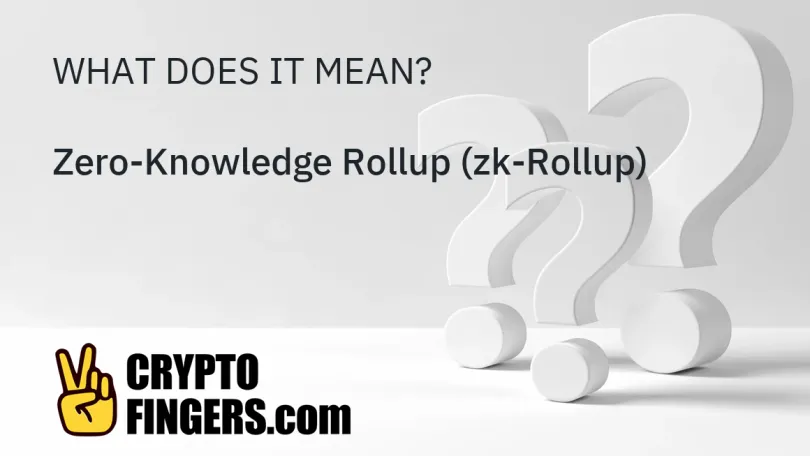
ZK-rollups are #layer-2 scaling solutions built above the traditional Layer-1 smart contract blockchain system. The project offers substantially greater throughput and reduced costs without losing security by combining multiple transactions into one and sending them off-chain.
In what is known as the “Zero-knowledge rollups” in its expanded form, transactions are grouped into batches and executed off-chain in a ZK rollup project. The quantity of data that must be submitted to the blockchain is reduced through off-chain computing. Simply said, this scalability method combines several transfer proofs into a single exchange that can be confirmed immediately across many blockchain levels.
Its popularity has grown since it allows users to authenticate a block fast and cheaply. On the other hand, ZK rollups are one of the smart contracts widely utilized in #Ethereum (ETH) transactions.
A Brief History of the ZK-Rollup Projects
As cryptocurrencies have gained widespread adoption, prices have skyrocketed, and innovation has accelerated. However, higher transaction volumes on Ethereum have raised several issues.
A common challenge is the scalability, which directly impacts the performance of the blockchain. Transactions on the most popular, decentralized, and secure smart contract network are now more expensive and take longer to complete.
To address the emerging challenges, #ZK-rollups arose as a set of layer-2 scaling solutions that can deal with computation and process numerous transactions off-chain prior to submitting an aggregated version to the blockchain. This approach delivers nearly instant settlements across both layers, dissimilar from optimistic rollups.
The zero-proof technology in ZK rollups also confirms its accuracy with associated smart contracts on the main chain. Meanwhile, it also minimizes the amount of shared data, granting them privacy.
As a result, Ethereum’s scalability problems were addressed with Layer-2 blockchains and rollups. Zero-knowledge rollups are one of the most prominent Layer-2 scalability solutions, along with optimistic rollups. With zero-knowledge rollups, Ethereum’s entry barrier to the network was lowered, and decentralized applications scaled faster and offered better privacy thanks to zero-knowledge rollups.















